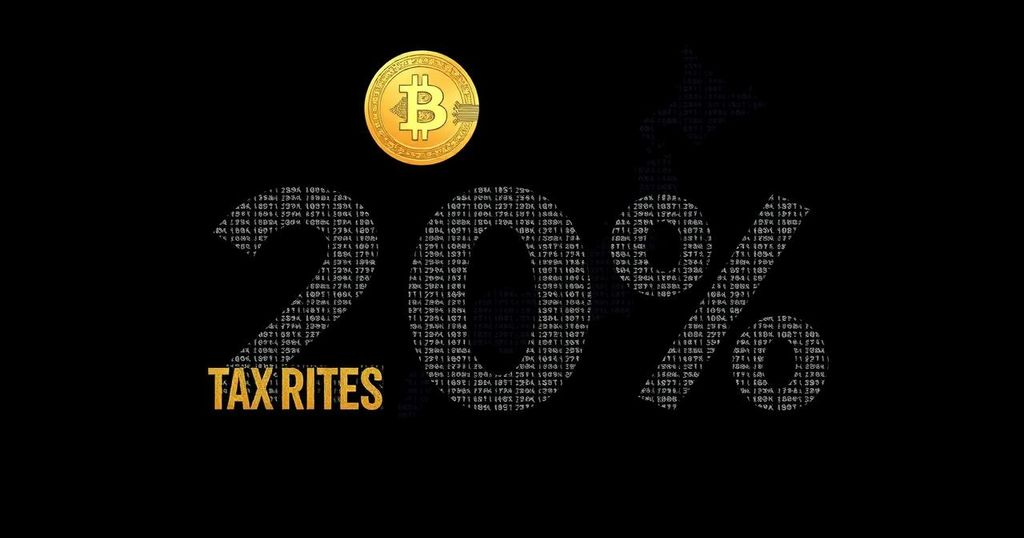Japan Evaluates Reduction of Cryptocurrency Tax Rate to a Uniform 20%
Japan is contemplating a significant amendment to its cryptocurrency tax framework, with the intention of lowering the tax rate to a standardized 20%, in alignment with taxation on conventional financial assets. This initiative has been introduced by the Financial Services Agency (FSA), which recently outlined its proposal in a request for tax reform dated August 30, as part of a comprehensive review of the nation’s fiscal code scheduled for the year 2025.
The FSA is advocating for the classification of cryptocurrencies as traditional financial assets, which would enhance their accessibility for public investment. In the agency’s report, it emphasized, “Cryptocurrency should be treated as a financial asset and an investment target for the public.” Under the existing tax regime, profits derived from cryptocurrency are categorized as miscellaneous income, subjecting investors to tax rates ranging from 15% to 55%, contingent on their respective income brackets. This high tax burden applies to earnings exceeding 200,000 Japanese yen (approximately $1,377), a situation that can deter investment in the cryptocurrency sector.
In contrast, profits from stock trading are currently taxed at a maximum rate of 20%, a benchmark that the FSA now recommends for cryptocurrency transactions as well. Furthermore, entities holding crypto assets must contend with a flat tax rate of 30%, irrespective of whether they realize gains from the sale of these assets. The anticipated adjustments to the tax policy would alleviate financial pressures on both individual and corporate investors, rendering the tax environment for cryptocurrency markedly more advantageous.
The process of amending tax legislation in Japan is intricate and involves several procedural steps. Initially, government ministries submit reform requests to the ruling political party, which are subsequently reviewed by the tax system research committee before being taken up by the national legislature. Both chambers of the National Diet—namely, the House of Representatives and the House of Councilors—must endorse any proposed changes before they are enacted into law.
Advocacy for a tax regime overhaul has been fervent within Japan’s cryptocurrency sector, with the Japan Blockchain Association (JBA) formally petitioning the government in 2023 to reduce the tax burden on crypto assets. Proposals from the JBA included advocating for a flat tax rate of 20% and the introduction of a three-year loss carryover deduction, with the objective of fostering growth within the industry. Notably, prior initiatives to reform the tax structure have not yet realized tangible policy advancements.
The Japanese cryptocurrency market is anticipated to expand rapidly, with projections indicating an increase in daily traders from 350,000 to approximately 500,000 by the end of the current year, as reported by Bitget. This growth would position Japan’s crypto market in the upper echelon globally, between Turkey and Indonesia and roughly two-thirds the size of South Korea’s market. Gracy Chen, CEO of Bitget, remarked, “Japan, with its high awareness for cryptocurrency, represents a dynamic and rapidly evolving landscape,” underscoring the opportunities for innovative technologies and broad adoption.
In a recent development, the renowned Japanese technology conglomerate Sony Group has entered the cryptocurrency domain through its acquisition of Amber Japan, further signaling Japan’s commitment to the evolving financial landscape.








Post Comment